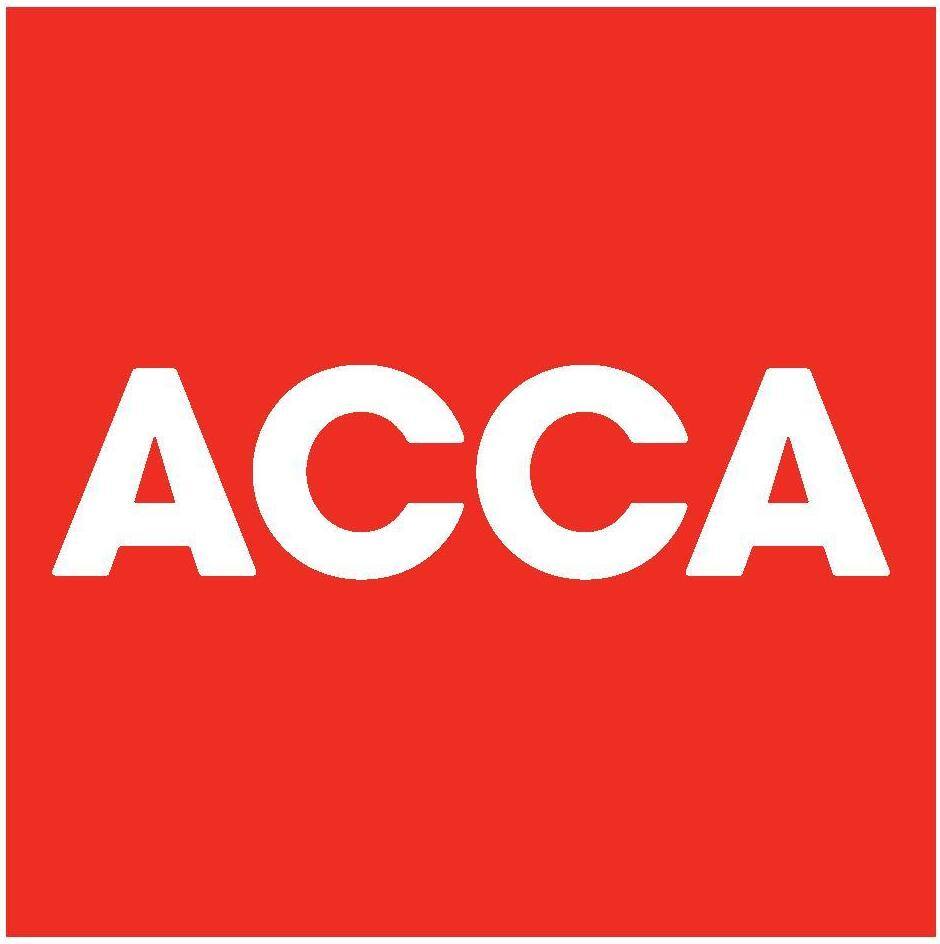
ACCA doubles exam capacity with RM Assessor
Case Study
ACCA
Overview
Founded in 1904, ACCA is a global professional accounting body offering the Association of Chartered Certified Accountant qualification. Over half a million candidates sit ACCA exams each year across 170 countries.
ACCA and RM have worked together since 2007 to provide RM Assessor to mark the majority of the ACCA accountancy exams on-screen.
Research carried out by ACCA identified two expectations from both accountancy students and employers. Firstly, they wanted a more flexible assessment structure whereby candidates could be tested on a more frequent basis. Secondly, they highlighted their expectations for a computer-based delivery format for their exams, to better reflect the realistic working conditions of professional accountants, who conduct most of their day-to-day work on a computer.
On the back of this research the ACCA team launched a project to increase the frequency of their F5-P7 exams (exams covering both ‘fundamentals’ of accountancy and ‘professional skills’) from two sessions a year to four and to implement an end-to-end computer-based format for their F5-F9 exams, without losing any of the rigour that ACCA exams are known for.
Consequently, ACCA approached RM to find out how they could support the delivery of a series of new examination formats that placed validity and authenticity of testing experience at the top of the agenda, and offered students and employers the increased flexibility that they require.
Goals
- ACCA wanted to move towards a flexible assessment structure whereby candidates could be tested on a more frequent basis.
- They identified the need to move to an entirely computer-based delivery format to better reflect the realistic working conditions for professional accountants, who complete most of their day-to-day work on the computer.
Key Challenges
- ACCA had to securely scale its IT infrastructure to meet the processing requirements of the new exam schedule, which increased the number of examinations from two to four sessions per year.
- There was a need to speed up exam processing time in line with the increased number of exam sessions so that students would receive their results from one examination before entering into another. Speeding up the marking process was key in this transformation.
- ACCA needed to move their exams from a paper-based delivery system to a computer-based delivery format without losing the integrity of the exams.
The solution
Reducing the exam lifecycle
To enable ACCA to double their exam sessions from two a year to four, they needed to reduce the entire exam lifecycle from 26 weeks to just 13 weeks. A major part of the end-to-end process in ACCA exams is the scanning and marking of candidates’ scripts. RM worked closely with ACCA to reduce the time taken for scanning and marking from seven weeks to five. This reduction would have been impossible to achieve if ACCA had not had e-marking embedded within their assessment structure.
Computer based testing
In 2015, a new computer-based delivery format was trialled for the F5-F9 accountancy exams. This new format includes objective item types (e.g. multiple choice) which can be marked automatically by a machine, but also more complex ‘constructed response’ item types which will enable students to display skills working with spreadsheets and tables within word processing programmes. These new item types require expert human marking and therefore need to be available for marking within RM Assessor.
During the development phase of the project, RM developed the capability to display the output generated from ACCA’s computer-based delivery solution within RM Assessor, meaning computer-based exam responses can now be marked on screen. Markers can also view candidates’ formulae and formatting used in the response.
In addition, this model supports ACCA’s global security model as markers using RM Assessor only view individual questions and the corresponding mark schemes. This reduces any risk of security breaches across time zones and has also increased the reliability of marking, as individual responses can be directed to markers with appropriate subject expertise.
After successfully introducing the additional exam sessions in 2015, ACCA began to offer computer-based exams for its Fundamental level exams from September 2016, with changes to Professional level exams to follow in due course.
ACCA offers business-relevant, first choice qualifications to people of application, ability and ambition around the world. In order to do this, we need partners with a similar focus on flexibility and an international approach.
The use of RM Assessor within our assessment model has allowed us to modernise our internal processes and meet the needs of our students and employers across the globe.
We’re thrilled with the support that RM has given us to increase the frequency of our exam sessions and to enable e-marking of new question types more closely aligned with the daily work of the accountancy profession.
We have really valued RM's ‘can-do’ attitude and the support they have given us from both technical and operational teams during a period of change within our organisation.
We look forward to continuing our relationship with RM in the future.
Sarah Corcoran, Director of e-Transformation, ACCA
RM is working with innovative assessment organisations around the world.
Interested in finding out more?
Contact us for a conversation